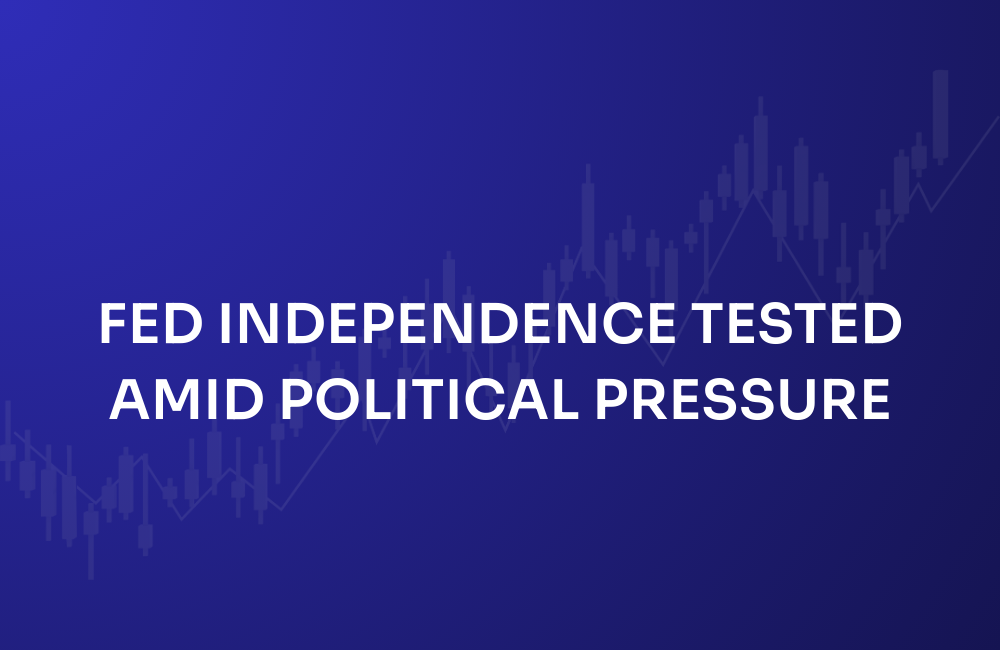
Subscribe to our free
💌 Stay ahead with AI and receive:
✅ Access our Free Community and join 400K+ professionals learning AI
✅ 35% Discount for ChatNode
.png)


Massachusetts’ AI Lie Detector Laws Are Creating New Risks for Employers
Expert analysis from
Fisher PhillipsWhy a recent court win is not the green light it looks like
Context
A federal judge in Massachusetts just tossed a class action claiming an employer’s AI video interview tool was an illegal lie detector. Good news for businesses, but not a free pass. The case, Saint Cyr v. JPMorgan Chase, shows exactly how plaintiffs are framing these lawsuits and where courts are drawing the line. If you use AI scoring, video analytics, or automated interviews in Massachusetts, this matters right now.
Why It Matters
Massachusetts has one of the country’s strictest lie detector statutes. Plaintiff firms are using it as a springboard for class actions against employers that use AI-powered hiring tools. Even when courts reject the lie detector argument, companies can still get pulled into state-level litigation for something as simple as a missing notice on a job application. The risk is operational, reputational, and costly.
Core Idea
AI interview tools are not inherently illegal in Massachusetts. The law turns on purpose, not capability. But compliance missteps, especially missing statutory notices, can still land employers in litigation even when lie detector claims fail.
Key Framework: What This Case Really Tells Employers
1. Capability is not intent
The court dismissed the lie detector claim because the plaintiff did not show the tool was used to detect deception. Many platforms can analyze tone, language, or facial cues. That does not make them lie detectors unless an employer deploys them for that purpose.
2. AI tools need clear documented purpose
Tools that evaluate communication, problem solving, or customer orientation fall on safe ground when employers can show job relevance. Documenting these competencies is essential.
3. The mandatory Massachusetts notice still creates exposure
Even though the federal lie detector claim failed, the missing statutory notice survived and was sent to state court. That means employers can win the main argument and still face litigation for a simple compliance oversight.
4. Vendor language can create unnecessary risk
If your provider uses terms like “truth verification” or “deception detection,” plaintiffs will use that against you. Scrub marketing language, proposals, and contract materials for phrases that could be read as lie detection.
5. Train teams on what not to say
Recruiters and hiring managers can unintentionally create liability. Even joking comments about “spotting lies” can feed a plaintiff’s theory. Training matters.
Closing Thought
The Saint Cyr decision is a helpful guardrail, not a shield. AI hiring tools remain usable and legal in Massachusetts, but only when employers pair them with documentation, strong vendor oversight, and strict compliance with the state’s required notice. The companies that treat this like routine hygiene, not a one-time fix, will avoid the next wave of litigation.
About
Fisher Phillips, founded in 1943, is a leading law firm dedicated to representing employers in labor and employment matters. With nearly 600 attorneys across 38 U.S. and 3 Mexico offices, it combines deep expertise with innovative solutions to help businesses navigate workplace challenges.


Recommended
.png)


.svg)



.png)
.svg)

.png)

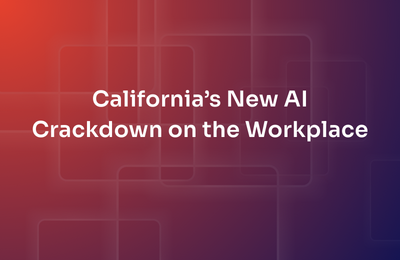
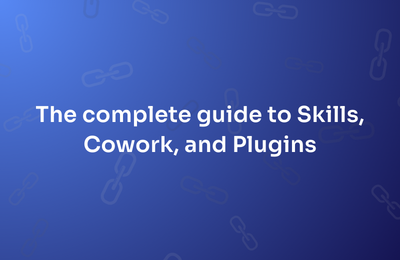
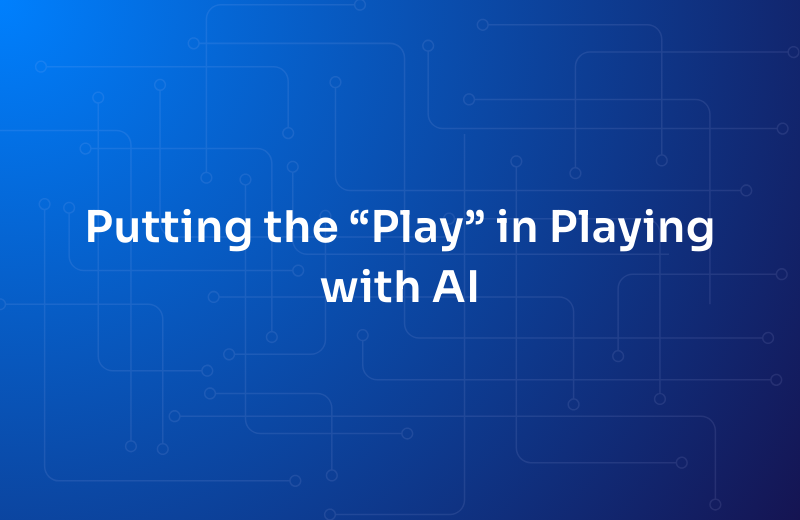
.png)
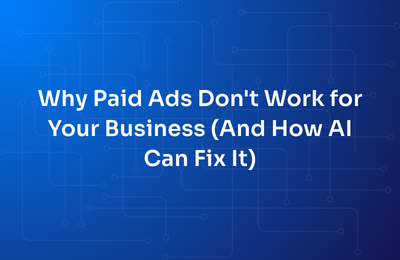

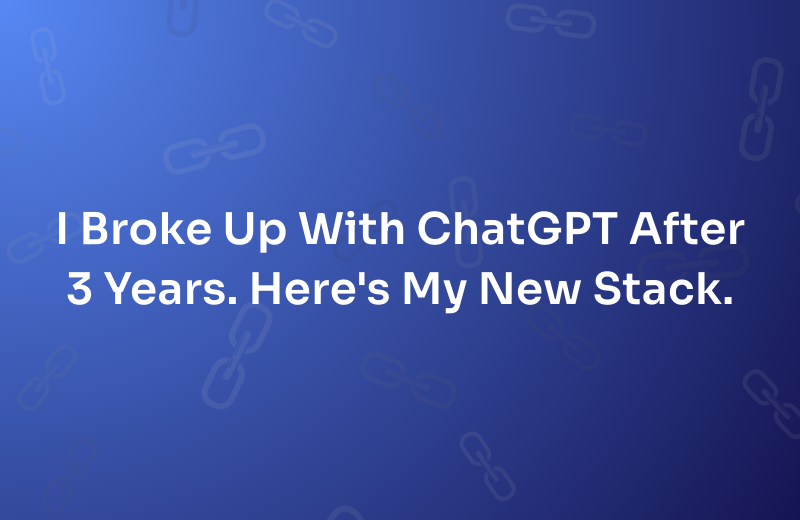
.png)
.png)
.png)
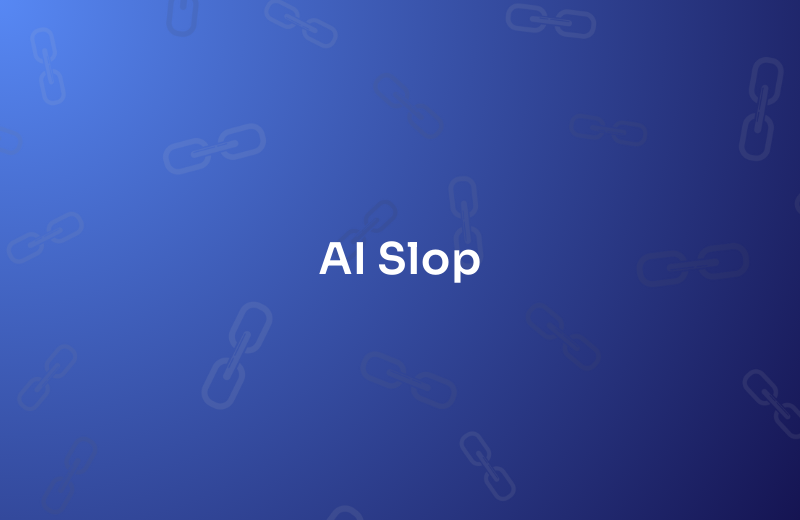
.png)
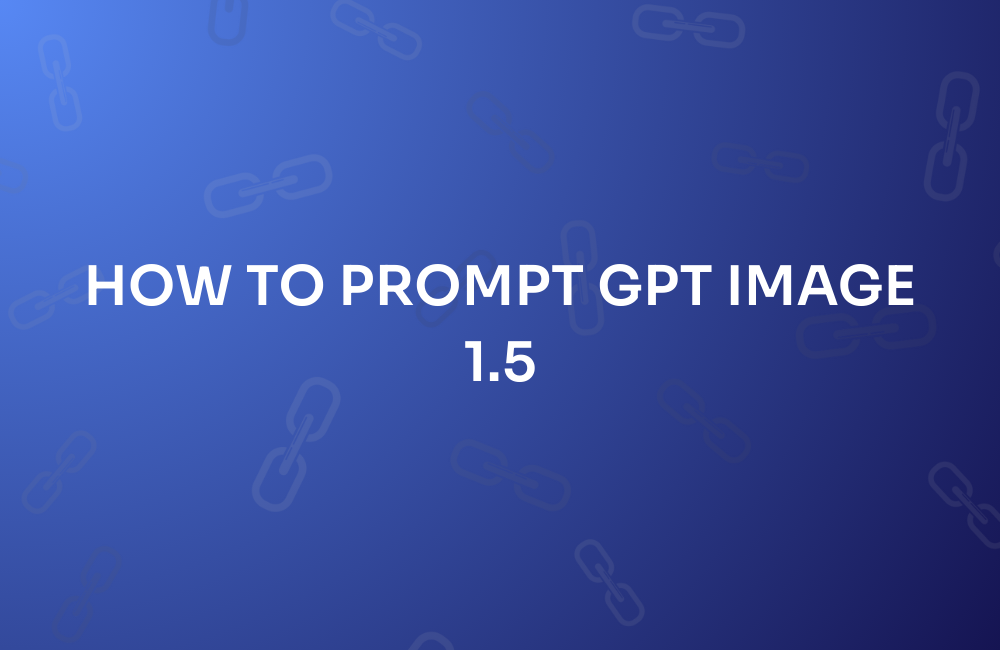
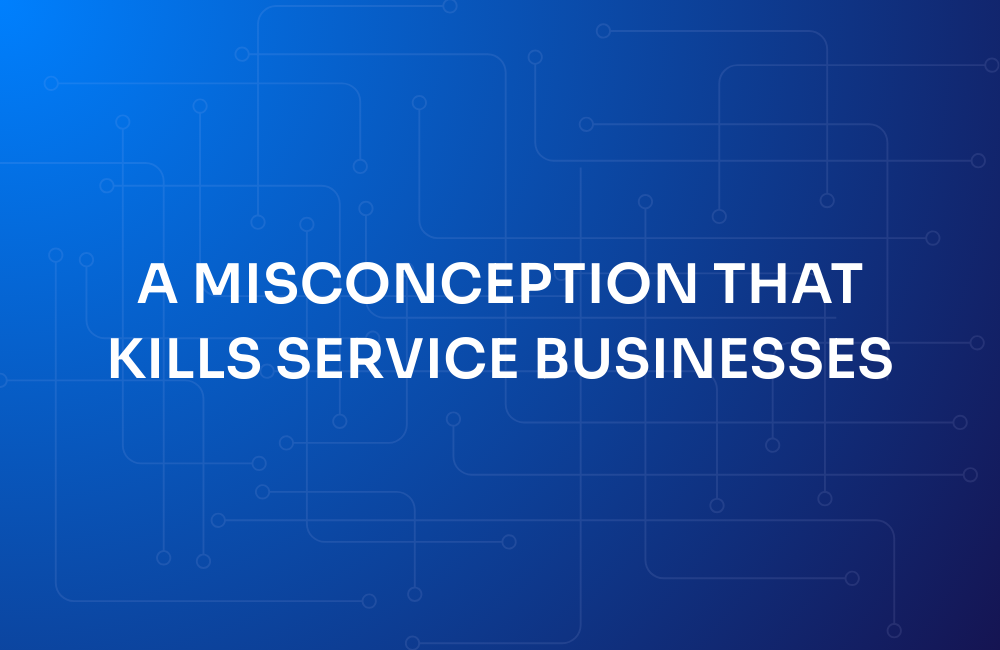
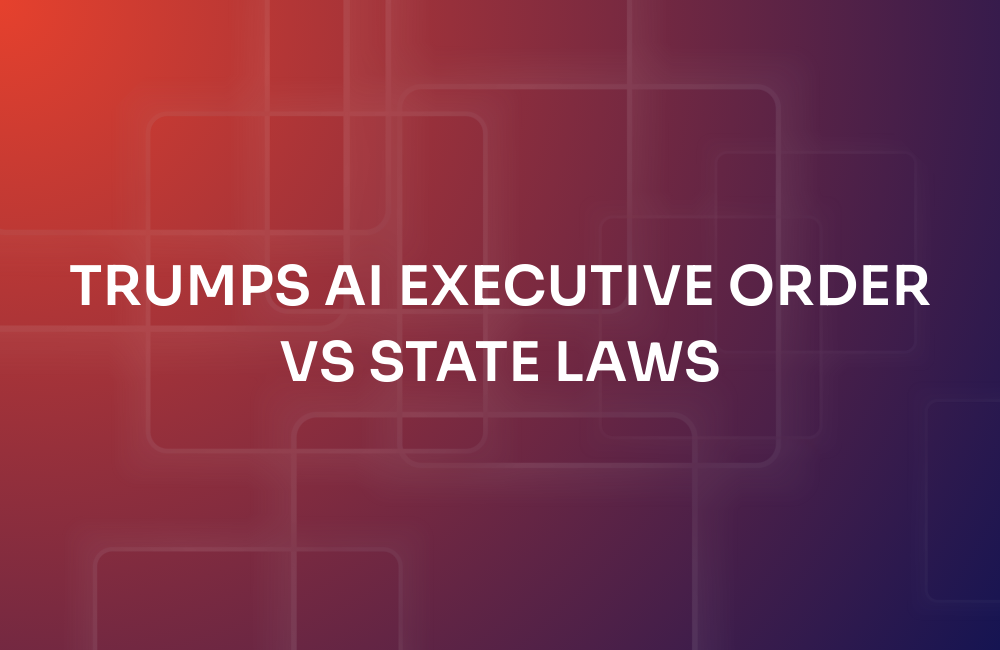


.png)
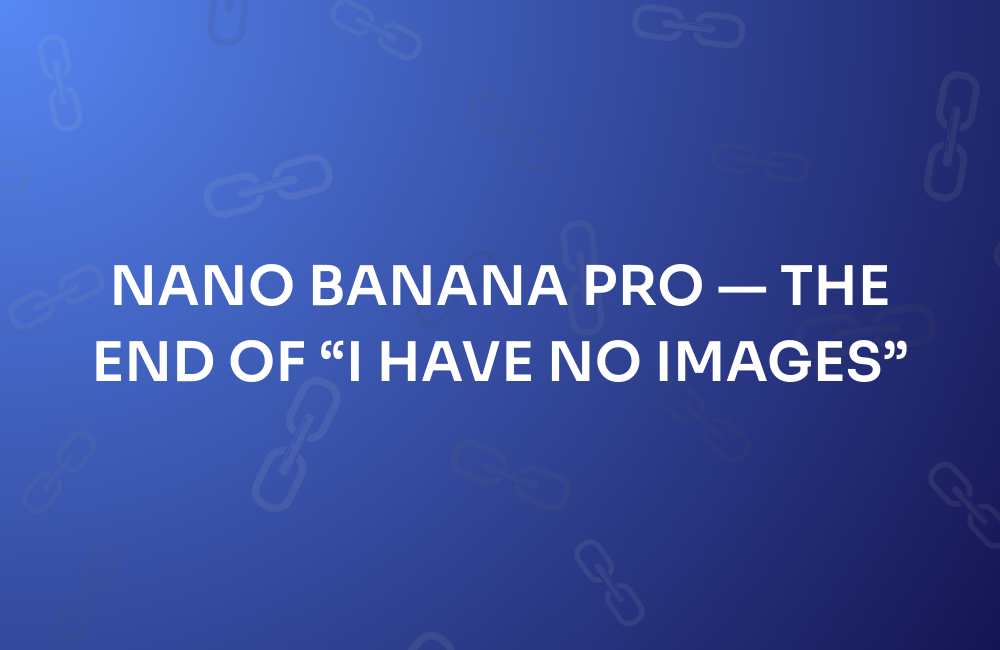
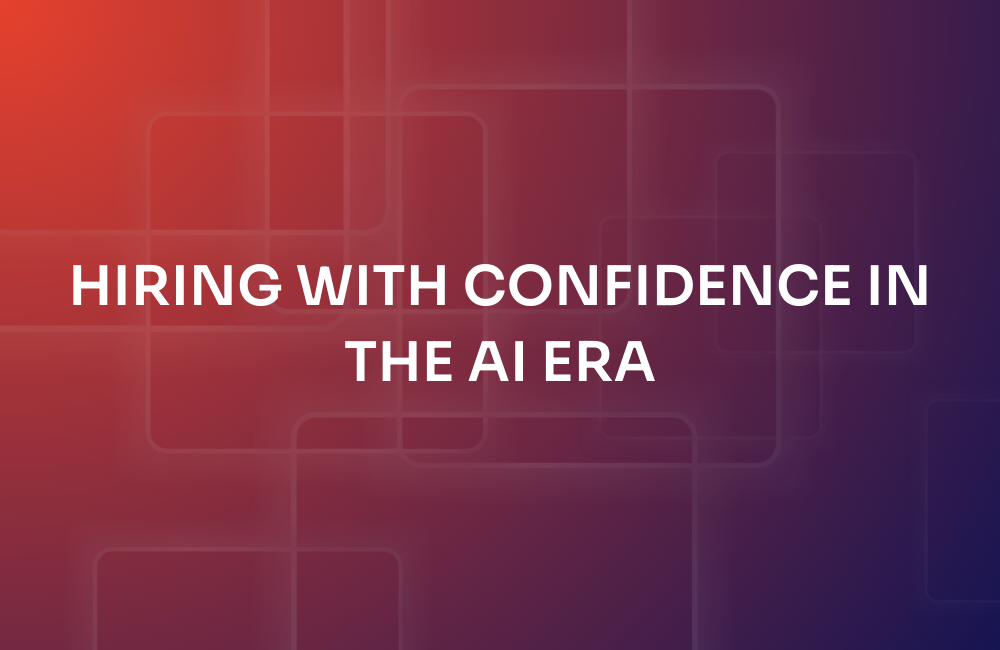




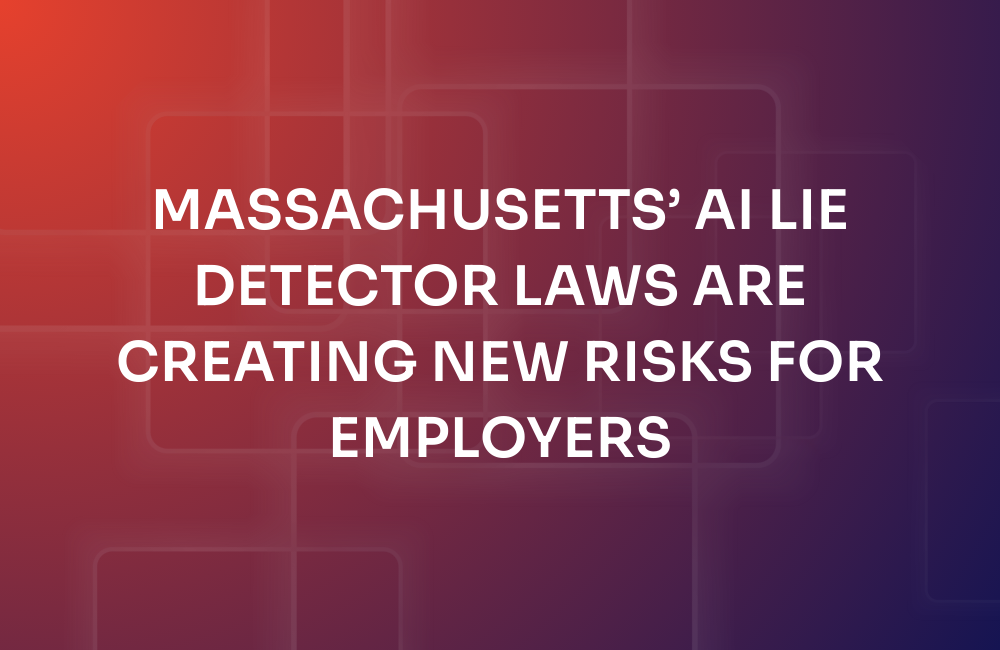
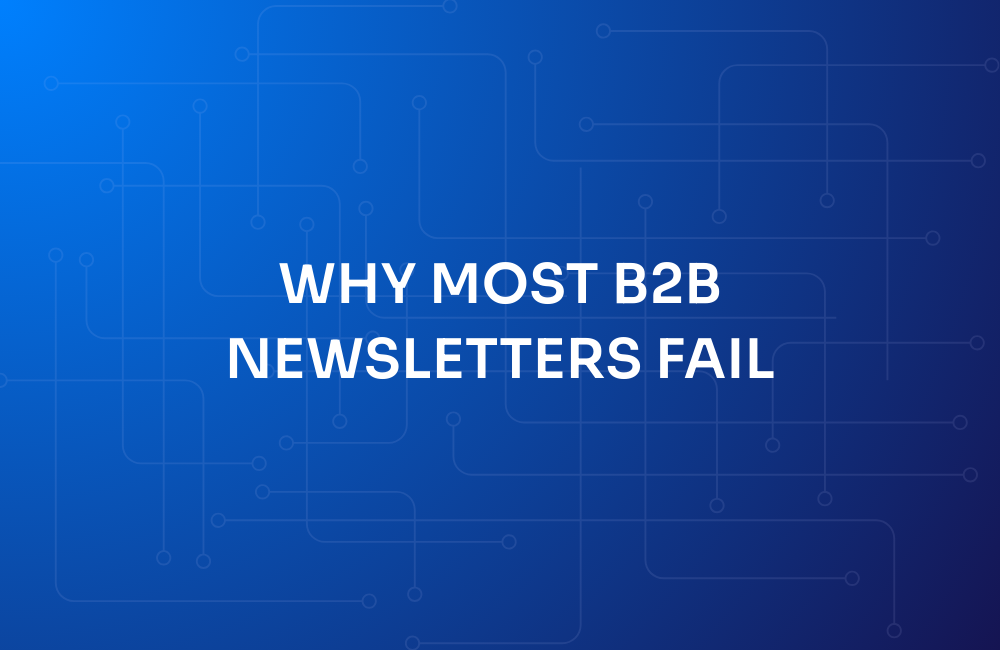

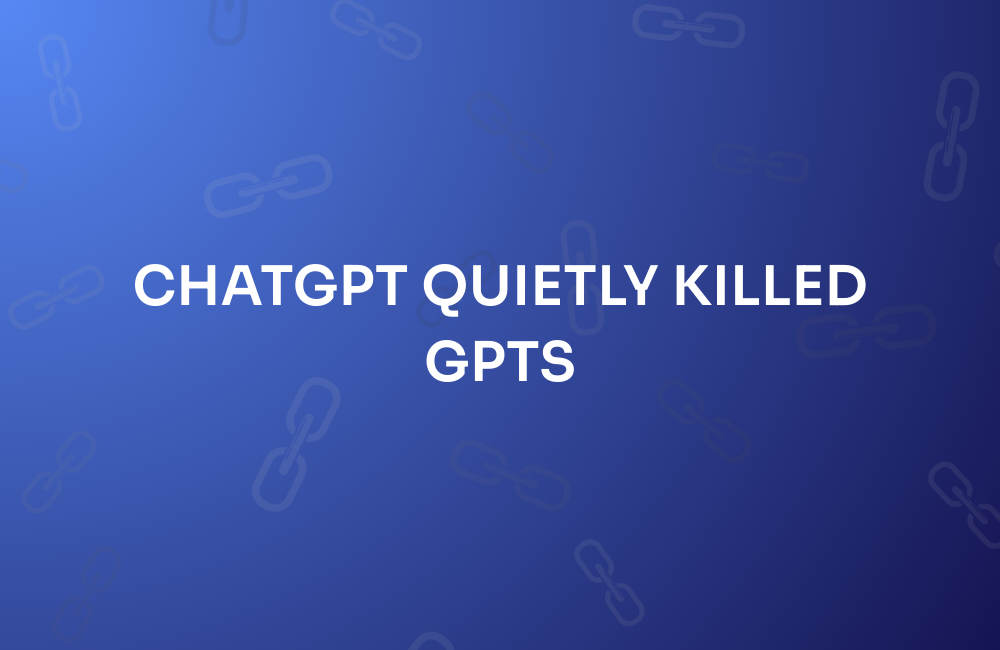
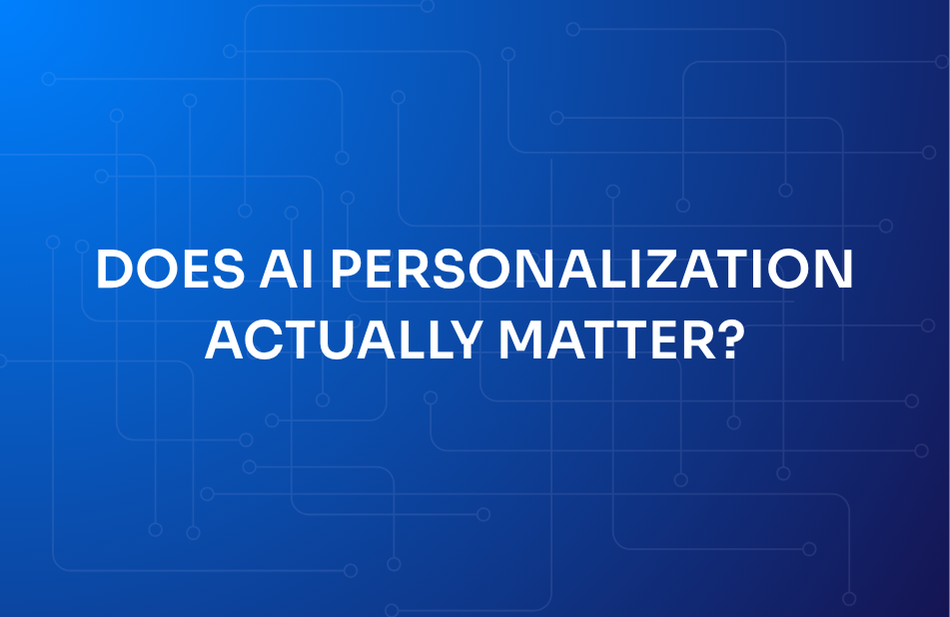

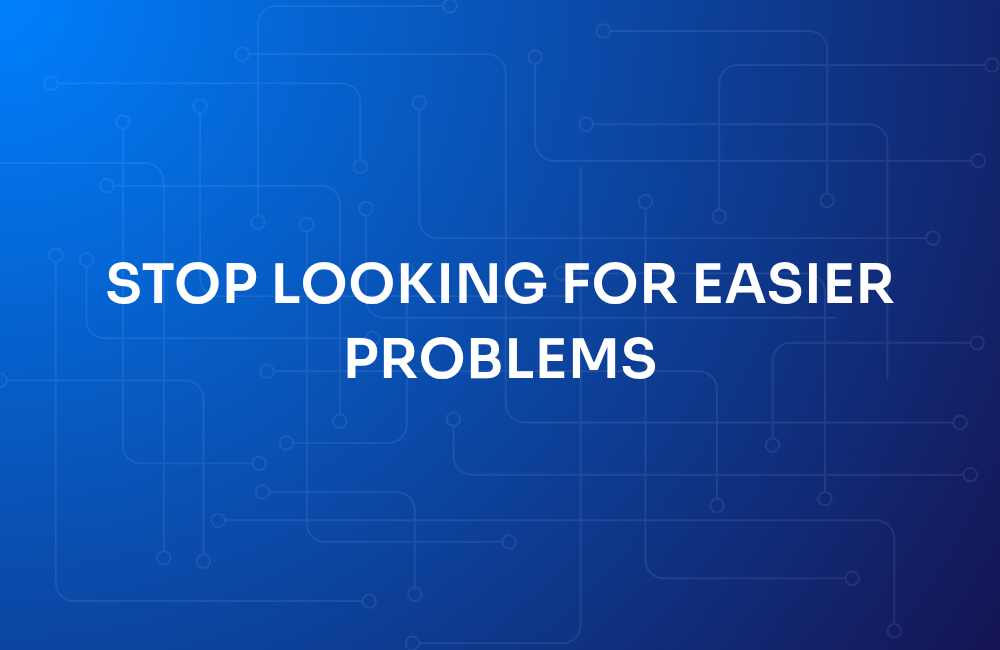

.png)
.png)

.png)
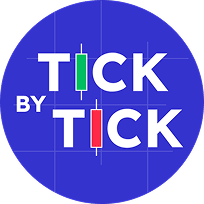

.png)

.png)
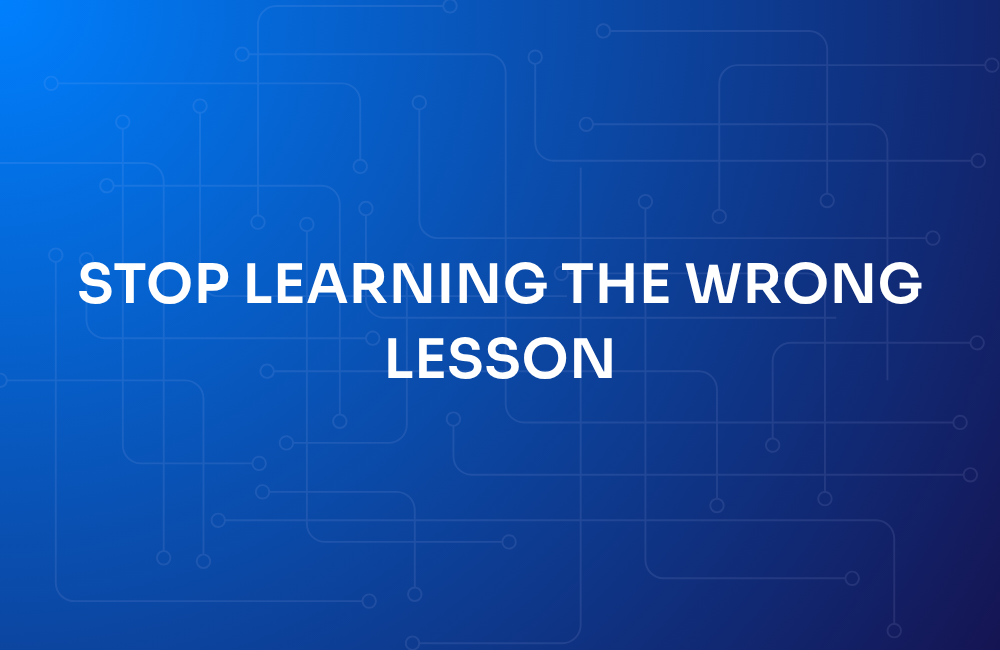
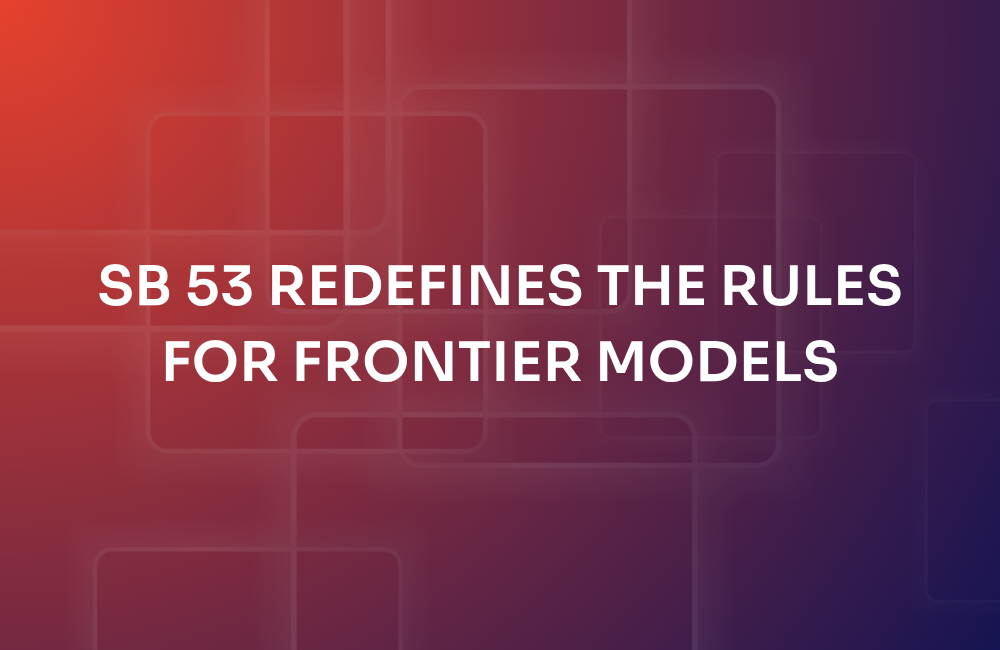
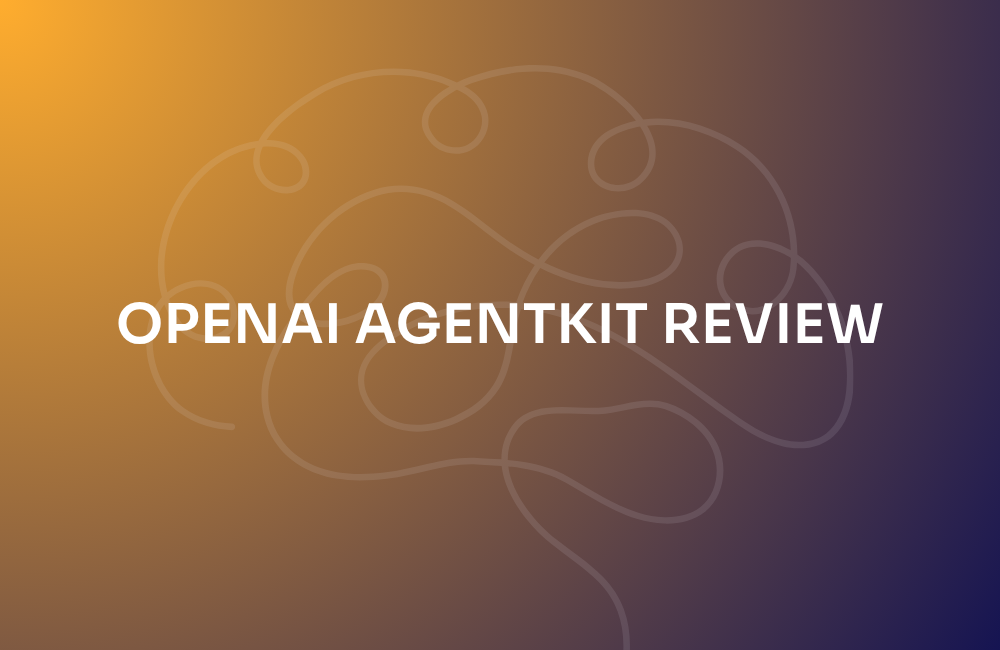
.png)
.png)
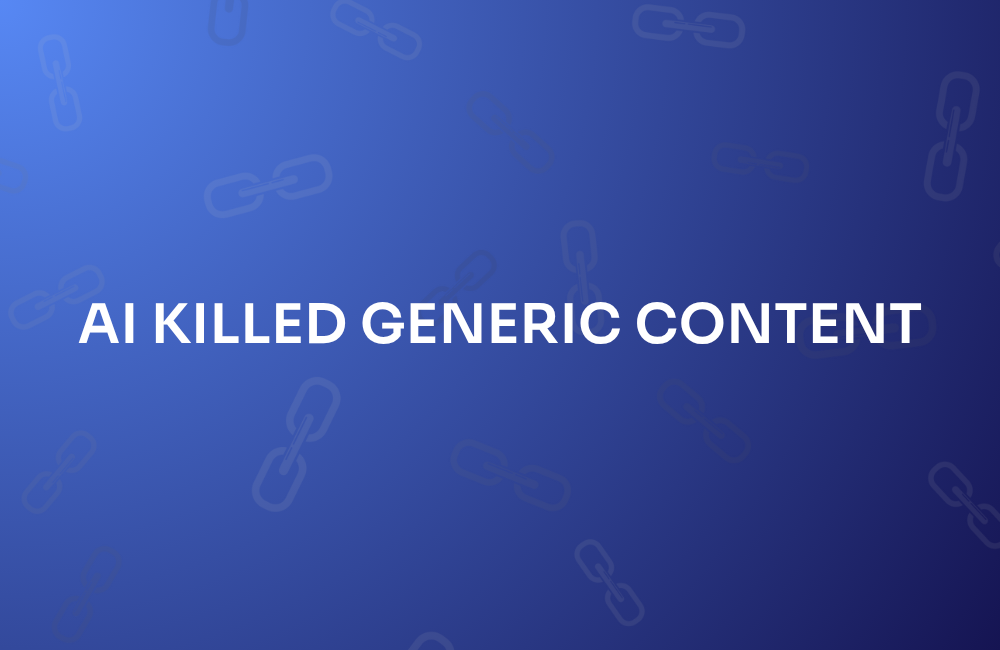
.png)
.png)
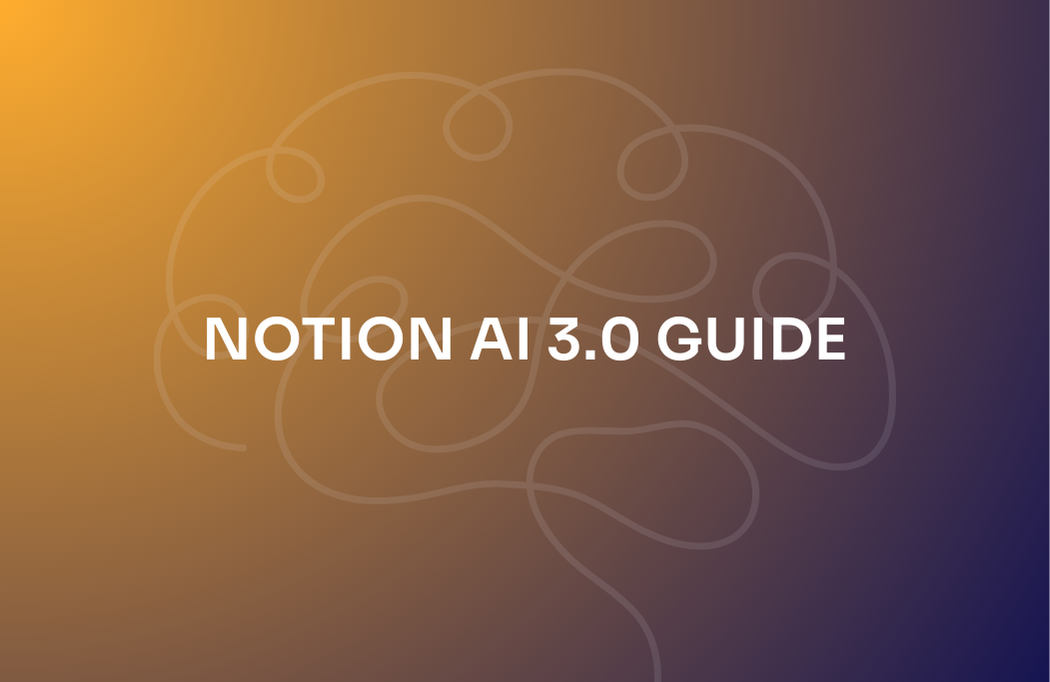
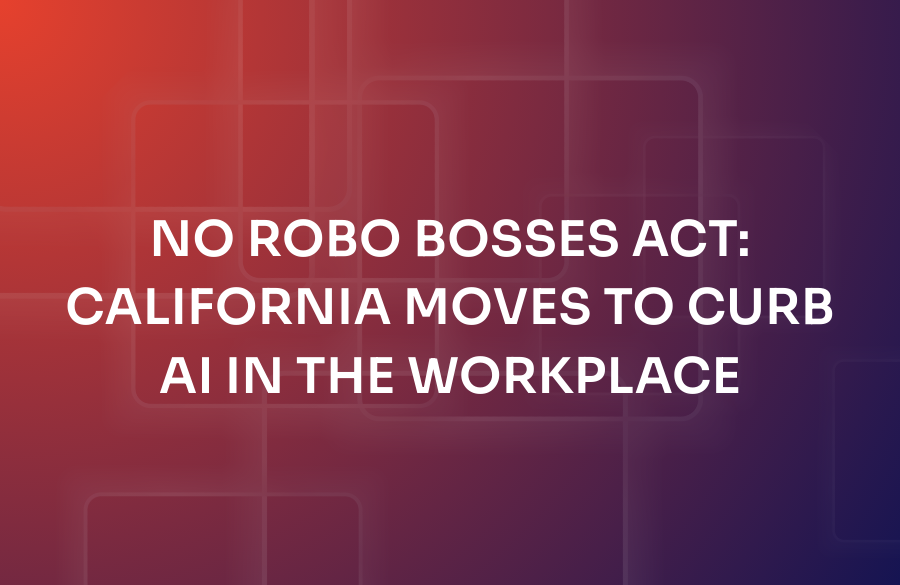

.png)
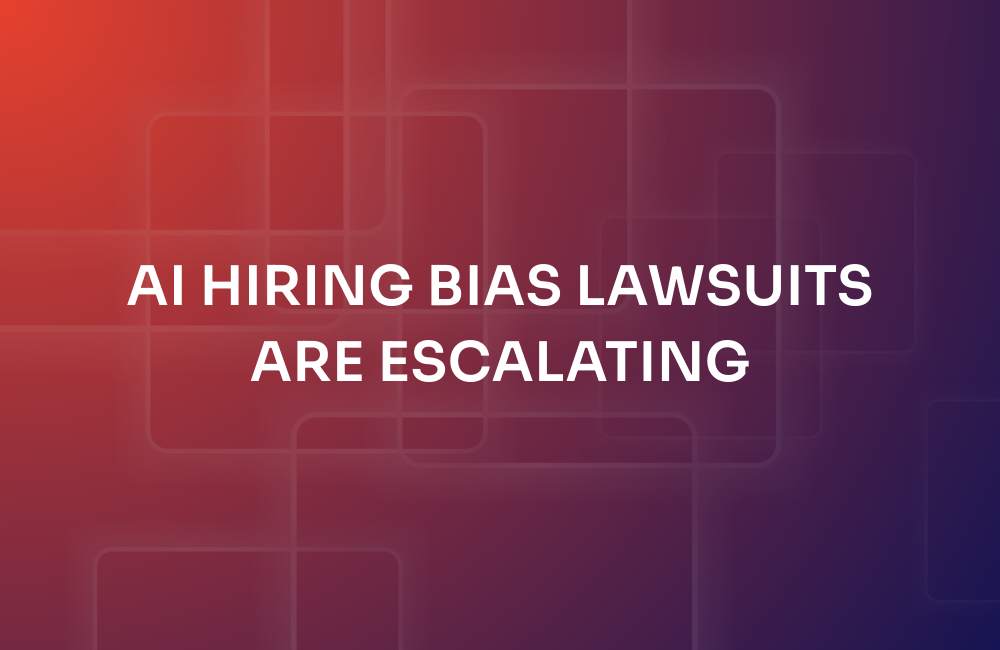
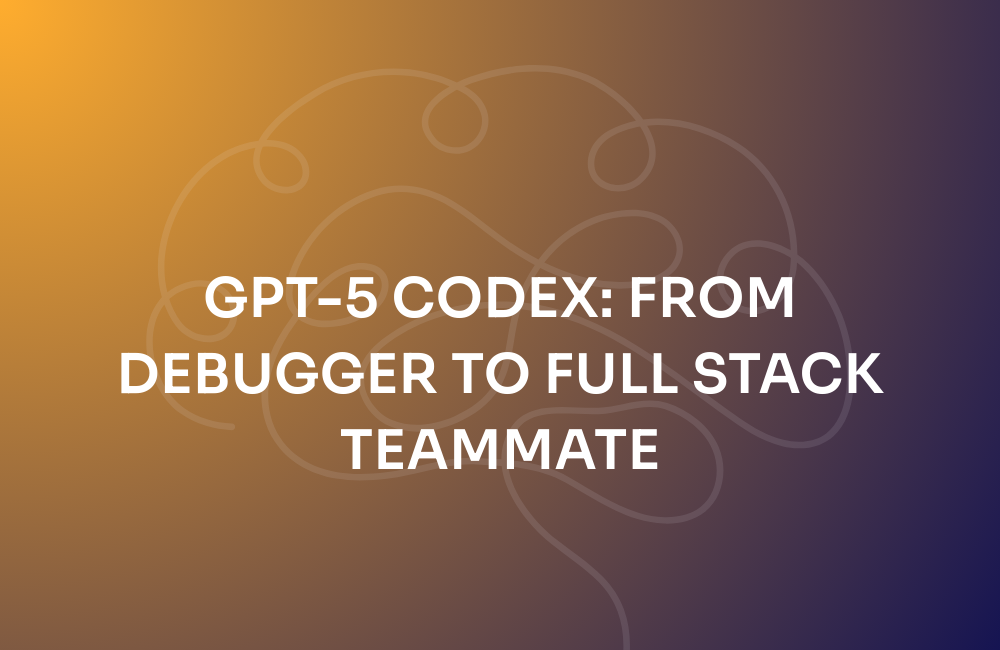
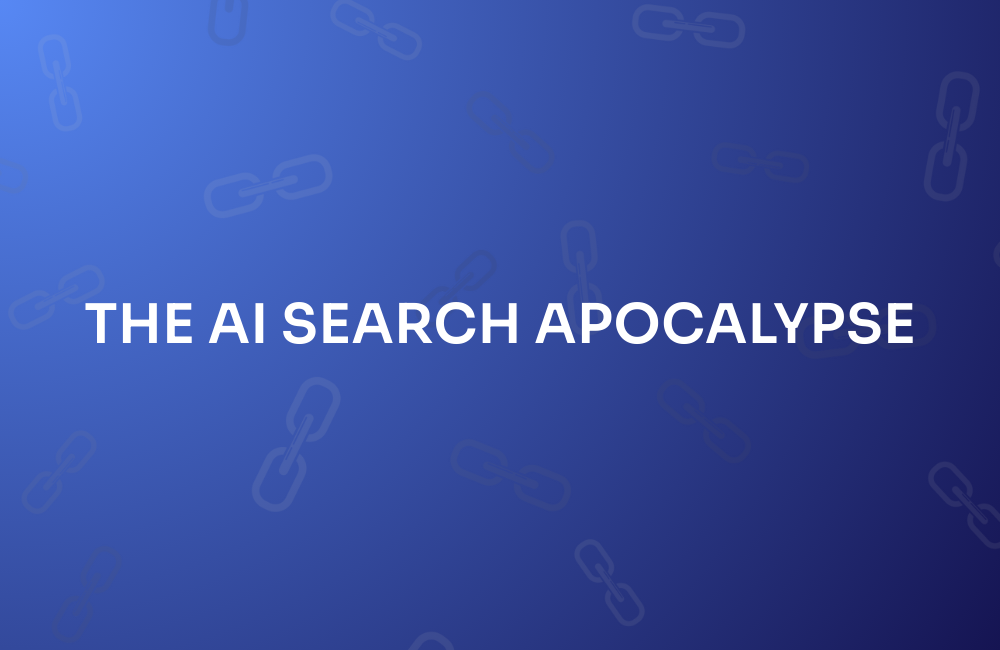
.png)
.png)
.png)
.jpg)


.png)
.png)
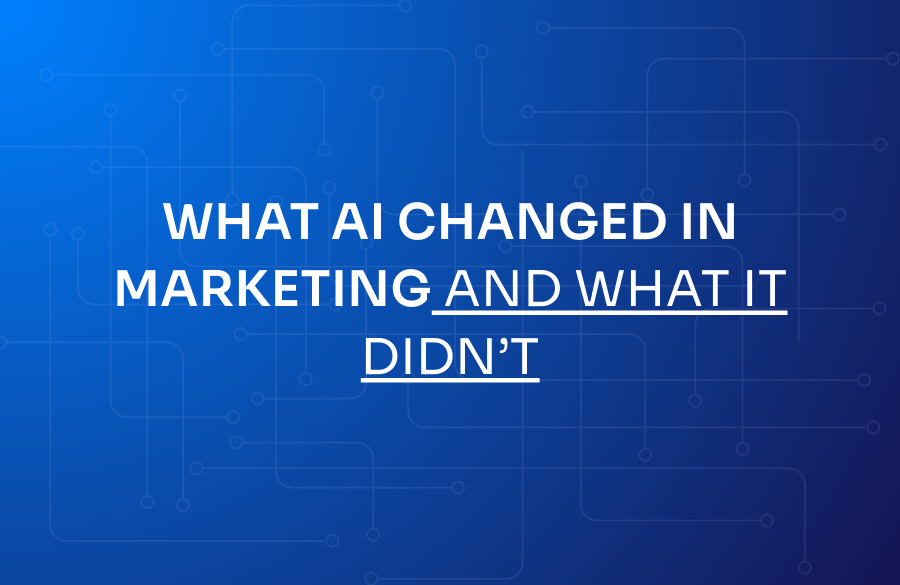
.png)
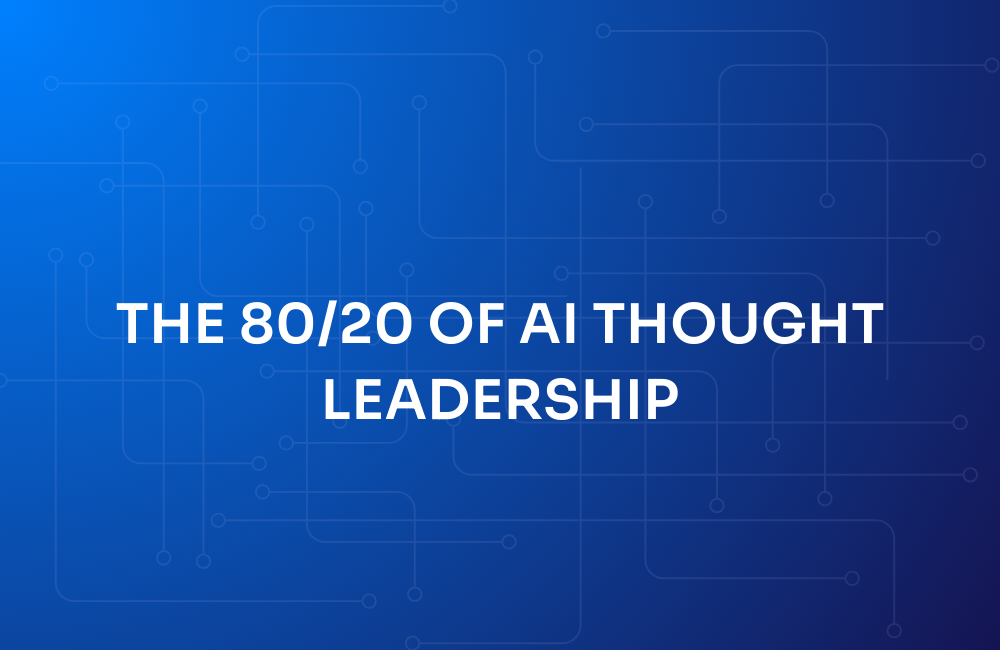
.png)
